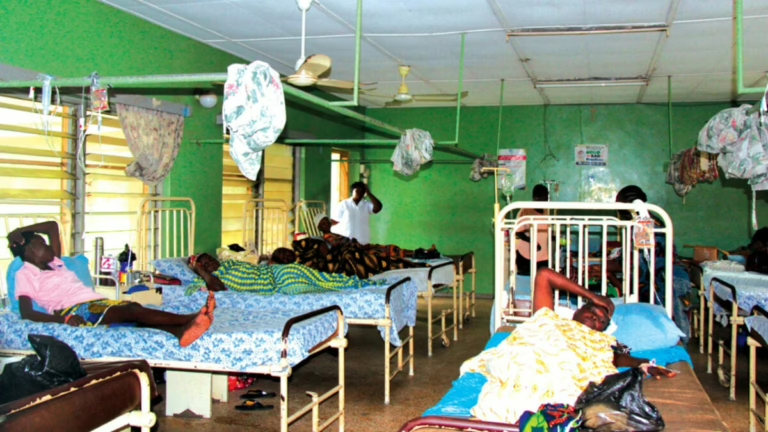A recent account from a friend highlighted the plight of a mother in a remote part of Taraba whose child suddenly became critically ill late at night. The closest medical facility was more than two hours away, and the difficult terrain made the journey even more arduous. By the time they reached the hospital, the child’s condition had deteriorated drastically. This raises an important question: what if she had access to telemedicine? What if digital healthcare tools had offered a diagnosis or guidance before she embarked on that exhausting trip?
This scenario is not unique; it reflects the stark reality faced by millions of Nigerians who lack timely access to healthcare. The issue isn’t the absence of medical expertise but rather the failure to integrate technology that could bridge this gap into the healthcare system.
Worldwide, digital health has transitioned from a mere trend to an essential component of healthcare delivery. During the COVID-19 crisis, the World Health Organization (WHO) noted that over 70% of countries adopted telemedicine solutions, enabling remote consultations and alleviating pressure on hospitals. Today, Artificial Intelligence (AI) is employed to identify cancers through imaging, streamline hospital operations, and even forecast disease outbreaks before they happen.
In Nigeria, however, advancements have been sluggish. Despite having highly skilled medical professionals, the technological tools available are outdated, and health technology policies lag behind global standards. The Nigerian Communications Commission (NCC) reported that broadband penetration was only 48% in 2023, leaving more than half the population without dependable internet access. Frequent power outages, inadequate infrastructure, and low digital literacy further hinder the adoption of digital health innovations.
The healthcare system is already overwhelmed. With a doctor-to-patient ratio of 1:10,000-far below the WHO’s recommended 1:600-access to quality care remains a significant challenge. Telemedicine could help close this gap, yet many public hospitals still lack basic electronic health record systems. While Nigerian startups such as Helium Health and Doctoora are making strides in digital health platforms, their reach remains limited to a small segment of the population.
The consequences of neglecting digital health are severe. In metropolitan areas like Lagos and Abuja, affluent individuals can access online medical consultations via private apps. Conversely, in rural regions such as Sokoto or Bayelsa, families often depend on traditional remedies or distant clinics.
Telemedicine is more than a convenience-it can be lifesaving. AI-powered diagnostics, for example, can analyze blood tests faster than human clinicians, detect diseases like malaria or tuberculosis at early stages, and suggest appropriate treatments. Countries facing similar healthcare challenges, like Rwanda, have already integrated AI-driven diagnostics into their national health frameworks.
So, what barriers prevent Nigeria from embracing digital health fully?
- Infrastructure deficiencies: Unreliable electricity and poor internet connectivity undermine telemedicine services.
- Regulatory gaps: The absence of comprehensive national telemedicine legislation leaves the sector unregulated and patients unprotected.
- Public mistrust: Many patients remain hesitant to consult doctors virtually due to low awareness and skepticism.
- Financial constraints: Establishing digital health infrastructure demands significant upfront investment, often sidelined in budget priorities.
Despite these challenges, there is cause for optimism. Nigeria boasts over 170 million mobile subscriptions, making it Africa’s largest smartphone market (GSMA, 2023). Our young, digitally literate population is well-positioned to embrace mobile health solutions. With targeted efforts, mobile applications could facilitate maternal health monitoring, medication adherence reminders, and more.
Picture rural health centers linked to teaching hospitals through telemedicine networks. Envision AI tools assisting nurses in identifying early symptoms of strokes or cardiovascular diseases. Imagine families no longer forced to endure long, exhausting journeys just to consult a doctor. These are not distant fantasies but realities already emerging in various African countries.
To accelerate progress, Nigeria must take bold steps:
- Government commitment: Embed digital health into national healthcare policies, prioritizing the expansion of internet access and stable electricity in rural communities.

















